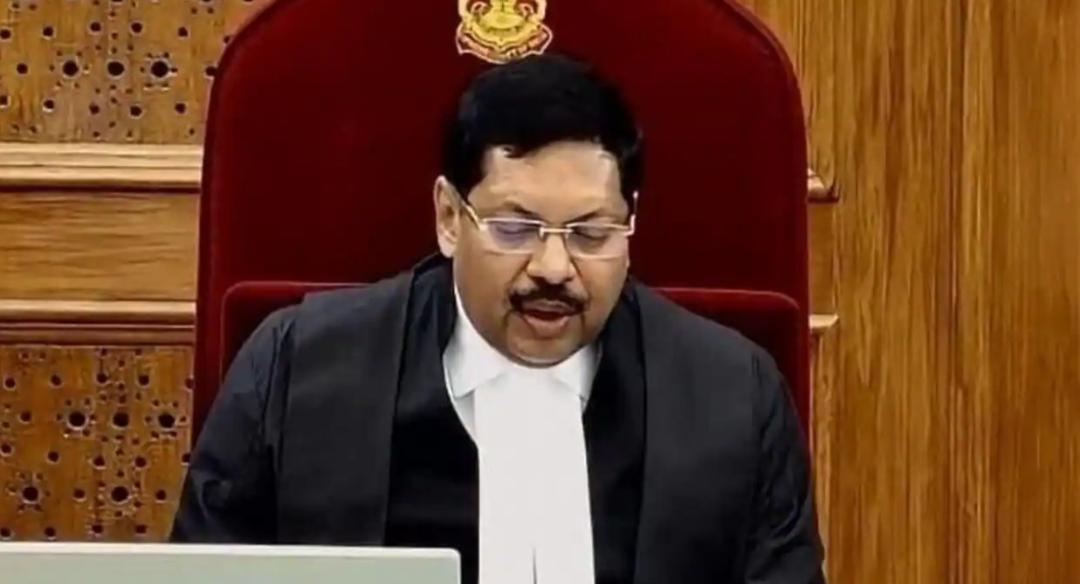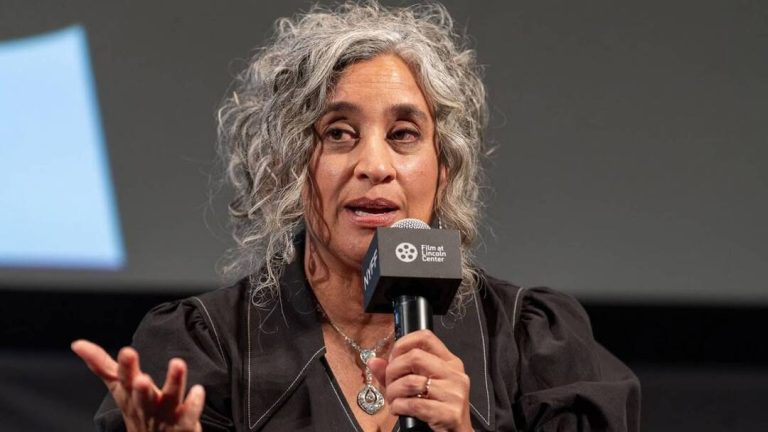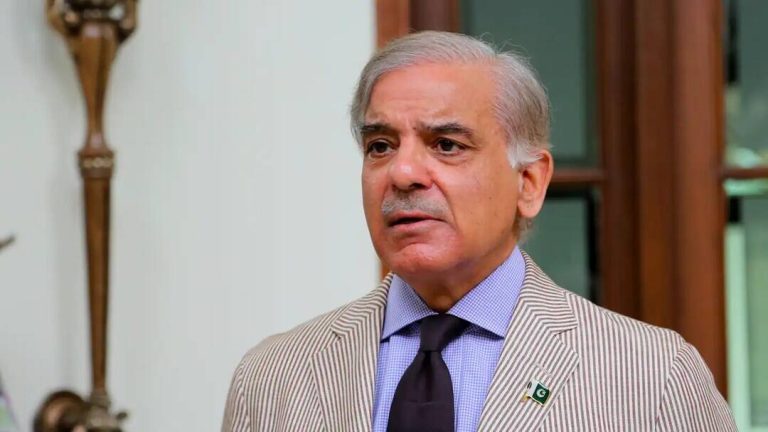
Passing ‘bulldozer order’ was my most important one: CJI Gavai
As the tenure of Chief Justice of India (CJI) BR Gavai comes to an end, he has reflected on his time in office and highlighted one particular judgement that he considers his most important. In a recent statement, CJI Gavai emphasized the significance of his judgement against “bulldozer justice,” a term used to describe the practice of demolishing homes of individuals accused or convicted of crimes. The CJI’s comments shed light on the importance of upholding the rule of law and protecting the rights of citizens, even in the face of public pressure and political expediency.
The concept of “bulldozer justice” has gained attention in recent times, particularly in the context of law and order debates. The idea is that individuals accused or convicted of crimes should face swift and severe punishment, including the demolition of their homes. However, this approach raises significant concerns about due process, the right to a fair trial, and the protection of individual rights. CJI Gavai’s judgement against “bulldozer justice” is a crucial reminder that the justice system must prioritize fairness, equality, and the rule of law.
“How can a house be demolished just because a person is accused of a crime or convicted of it?” CJI Gavai asked, highlighting the fundamental flaw in the “bulldozer justice” approach. This question gets to the heart of the issue, emphasizing that the demolition of a person’s home is a disproportionate and unjust response to a criminal accusation or conviction. The CJI’s statement underscores the importance of distinguishing between the individual and their actions, ensuring that punishment is meted out in a fair and proportionate manner.
The judgement against “bulldozer justice” is significant not only because of its implications for individual rights but also because of its impact on the broader justice system. By rejecting the notion that homes can be demolished without due process, CJI Gavai’s judgement upholds the principles of fairness, equality, and justice. This decision sends a strong message that the justice system will not be swayed by public opinion or political pressure, but will instead prioritize the protection of individual rights and the rule of law.
As CJI Gavai prepares to retire on November 23, his comments on the “bulldozer justice” judgement serve as a reminder of his commitment to upholding the principles of justice. His tenure has been marked by significant decisions and judgements, but this particular one stands out for its importance in protecting individual rights and promoting fairness in the justice system. The incoming CJI, Justice Surya Kant, will succeed CJI Gavai on November 24, and it remains to be seen how he will build on the legacy of his predecessor.
The “bulldozer justice” judgement is a testament to the independence and integrity of the judiciary, which is essential for upholding the rule of law and protecting individual rights. In a democratic system, the judiciary plays a crucial role in ensuring that the government and other institutions do not overstep their bounds. By rejecting the “bulldozer justice” approach, CJI Gavai’s judgement reinforces the importance of judicial oversight and the need for the justice system to prioritize fairness, equality, and due process.
In conclusion, CJI Gavai’s judgement against “bulldozer justice” is a landmark decision that highlights the importance of upholding individual rights and promoting fairness in the justice system. As the CJI prepares to retire, his comments on this judgement serve as a reminder of his commitment to the principles of justice and the rule of law. The incoming CJI, Justice Surya Kant, will face significant challenges in building on the legacy of his predecessor, but the “bulldozer justice” judgement provides a strong foundation for promoting fairness, equality, and justice in the years to come.
News Source: https://www.newsbytesapp.com/news/india/order-against-bulldozer-justice-was-my-most-important-cji-gavai/story






